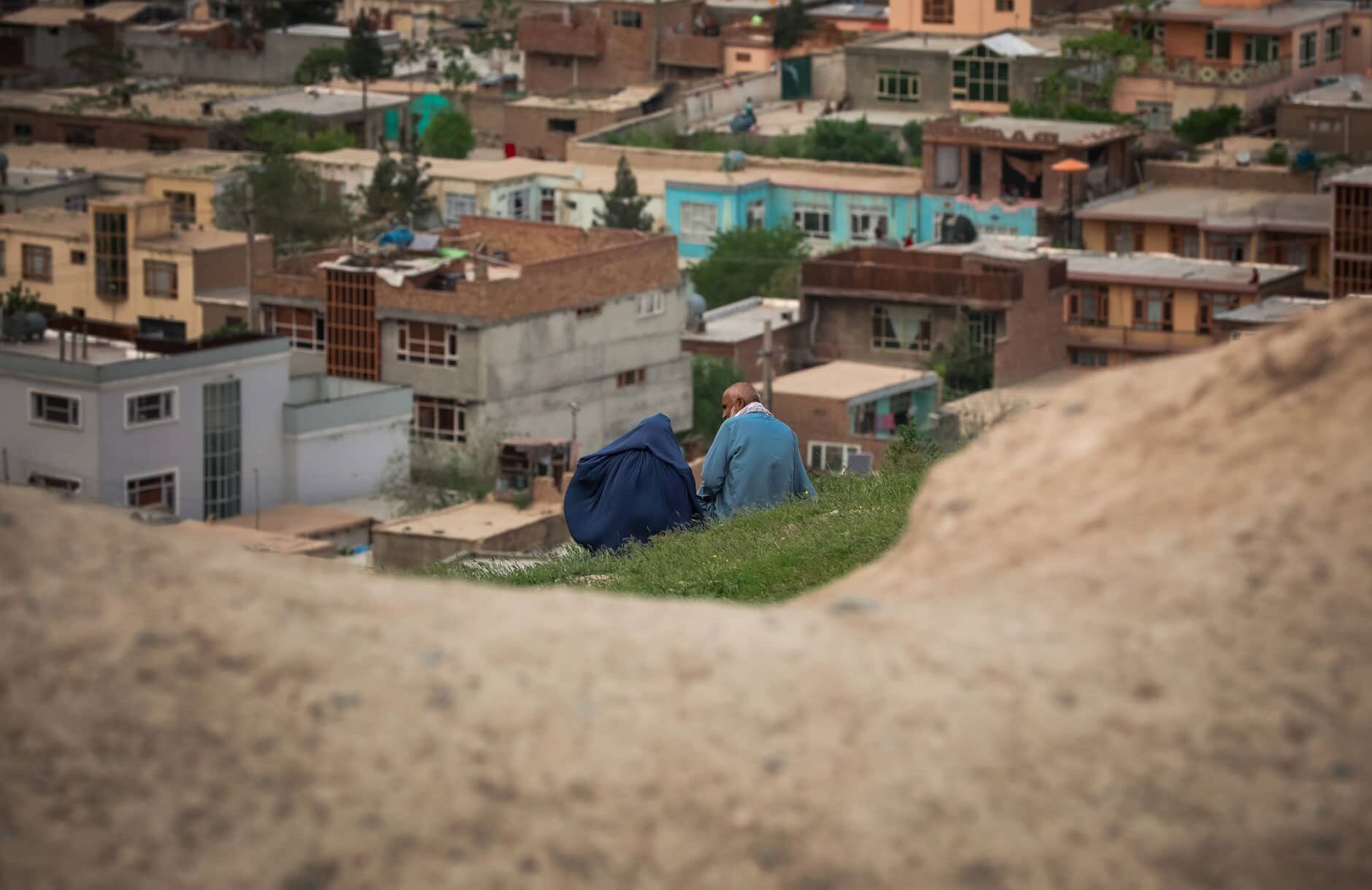The Last Jew of Afghanistan

After twenty years of conflict, US forces pulled out of Afghanistan amidst much turmoil and criticism. The debates and discussions that preceded the American withdrawal continued even after the last planes left Kabul in August 2021. Regardless of how the American public and world opinion view the impact the United States had in Afghanistan, the past twenty years will be just a footnote in the history of that beleaguered land. Still, many soldiers, humanitarian workers, and missionaries claim, “The last twenty years gave the Afghans opportunities for education, personal growth, and faith that they never had previously.”
One devoted American soldier who did three tours of duty in Afghanistan said, “It was worth it for those whose lives were significantly improved for twenty years.”
“At the gateway between Asia and Europe, this land was conquered by Darius I of Babylonia circa 500 bc, and Alexander the Great of Macedonia in 329 bc.” Throughout the centuries, one empire after another conquered this land and then abruptly left. Along with the invasions came refugees, merchants, and stragglers. Many of these travelers made Afghanistan their home while the others just passed through.
Among the peoples who settled in Afghanistan were Jewish sojourners from Persia. According to some sources, the Jewish population reached as high as 40,000–80,000 people between ad 1000 and ad 1100. Many of these Jews settled in the Afghan cities of Herut and Kabul.
There is evidence of Jewish commercial activity on the Silk Road that runs from the Far East through the Middle East, Africa, and Europe. Many of the Persian Jews were fleeing the invading Muslims and the forced conversions of the seventh and eighth centuries. At the time, Afghanistan seemed to be a haven of safety with opportunities for commerce. There are actual records attesting to a Jewish presence in Afghanistan dating back to the tenth century ad.
By the eighth century, the Muslim conquerors began to establish their authority in Afghanistan. Within a relatively short time span of 160 years, Islam was established in Afghanistan. Basically, as long as Afghanistan has been a Muslim nation, a Jewish community has been present.
The ability of the diaspora Jewish community to exist and even thrive in Muslim countries was not unique. Over the centuries and throughout the Muslim world, Jewish people maintained their identities and practices as Jews. There is a resilience and determination that Jews in the Diaspora have demonstrated over the centuries.
Being able to evade the wrath and scorn of the local Islamic rulers was the key. The role of the Jewish people in these societies was possible because they were among those granted the status of dhimmis, a “protected” minority. As dhimmis, the Jews were declared second-class citizens and were able to maintain their place in society as artisans, tradesmen, and merchants.
There were periods of time when the Jewish communities would face fierce opposition from a tyrannical ruler and religious persecution. There were forced conversions to Islam, but many of these Jewish converts maintained aspects of Jewish culture and even Jewish names. According to the Jewish Virtual Library, “Dozens of Pashtun names and customs sound Jewish, from the Pashtun tribe names of Asheri and Naftali to the Pashtun custom of a wedding chuppah and the circumcising of the sons on the eighth day after birth.”
With the advent of European colonialism into Afghanistan, the nature of society began to change. Some of the Jewish communities began to relocate to other regions. Then, in 1948, with the establishment of the State of Israel, most of the Jewish people left Afghanistan and other Muslim-dominated countries. However, there were handfuls of Jewish people who were deeply entrenched and refused to leave Afghanistan. Their roots in Afghanistan were deep, and they adapted to the changes in society. This pattern of individuals staying in place and refusing to leave was also evident in Iran, Iraq, Egypt, and Morocco.

In Afghanistan, the last Jewish person to leave was Zebulon Simentov, who emigrated with twenty-nine of his neighbors. This remnant of Jews in Kabul typified the lifestyle and commitment of diaspora Jews to their homeland. So much of their culture and way of life was inseparable from who they were. They were not merely Jews in a foreign land—they were Afghans who were Jewish.
They had remained and only left Kabul with the last remnants of American forces in September 2021. Zebulon Simentov had to be convinced to leave by Moti Kahana, an Israeli-American businessman. Kahana organized the evacuation with the assistance of the United States and its allies.
Last September, Zebulon Simentov and the other Jews who left with him experienced their first high holidays in another land, thus ending more than a millennia of Jewish life in Afghanistan. While this might be just another footnote in Afghanistan’s history, it concludes a significant chapter in the Jewish book of survival.
Once again, we see another example of God’s faithfulness to His chosen people throughout the ages!
Sign up to receive our email newsletters
Get the latest news from Israel, insights from Dr. Mitch Glaser, international ministry reports, as well as videos and podcasts, downloadable resources, discounts in our online store, and much more!